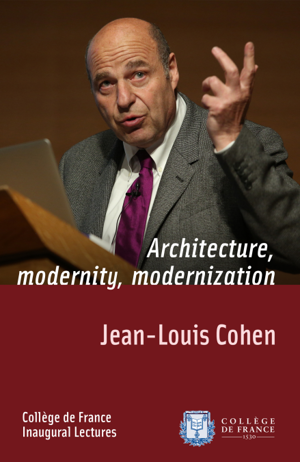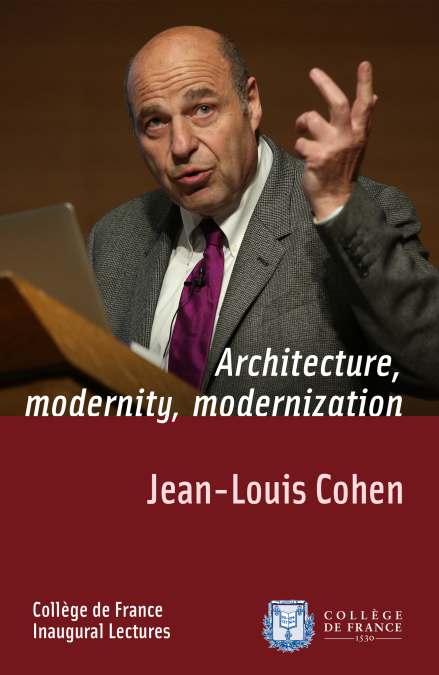
- Retrait gratuit dans votre magasin Club
- 7.000.000 titres dans notre catalogue
- Payer en toute sécurité
- Toujours un magasin près de chez vous
- Retrait gratuit dans votre magasin Club
- 7.000.0000 titres dans notre catalogue
- Payer en toute sécurité
- Toujours un magasin près de chez vous
Architecture, Modernity, Modernization EBOOK
Inaugural Lecture delivered on Thursday 21 May 2014
Jean-Louis Cohen
Ebook | Anglais
7,99 €
+ 7 points
Description
The history of architecture constantly combines two perspectives: one is panoramic and turned towards urban ensembles so as to reveal social or technical policies, while the other looks in close shot at buildings, their interior, and their reflection of the ideals and engagement of their creators and occupants. By articulating the thoughts of twentieth-century theoreticians, philosophers, writers and architects (such as Mies van der Rohe, Wright, or Le Corbusier), Jean-Louis Cohen offers a new approach to architecture as a subject of inquiry and as a practice – one that is rooted in cultural history and in its human dimension.
Spécifications
Parties prenantes
- Auteur(s) :
- Editeur:
Contenu
- Langue:
- Anglais
Caractéristiques
- EAN:
- 9782722605411
- Date de parution :
- 13-04-20
- Format:
- Ebook
- Protection digitale:
- Adobe DRM

Les avis
Nous publions uniquement les avis qui respectent les conditions requises. Consultez nos conditions pour les avis.






